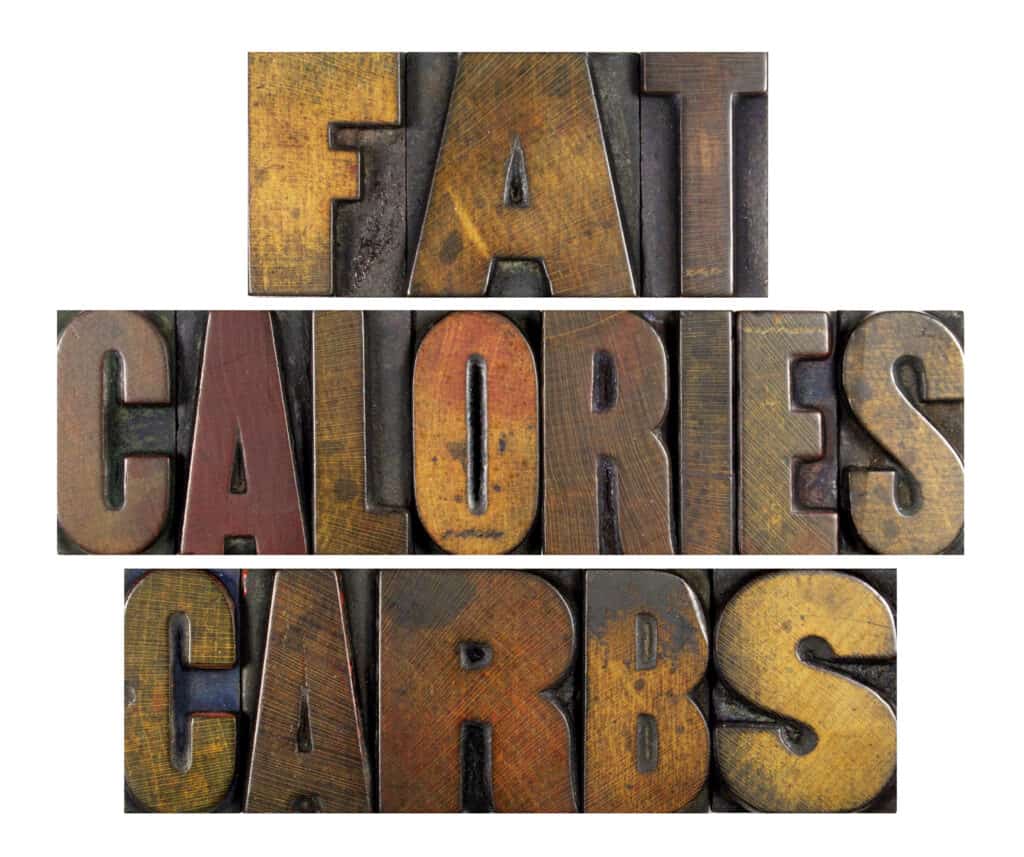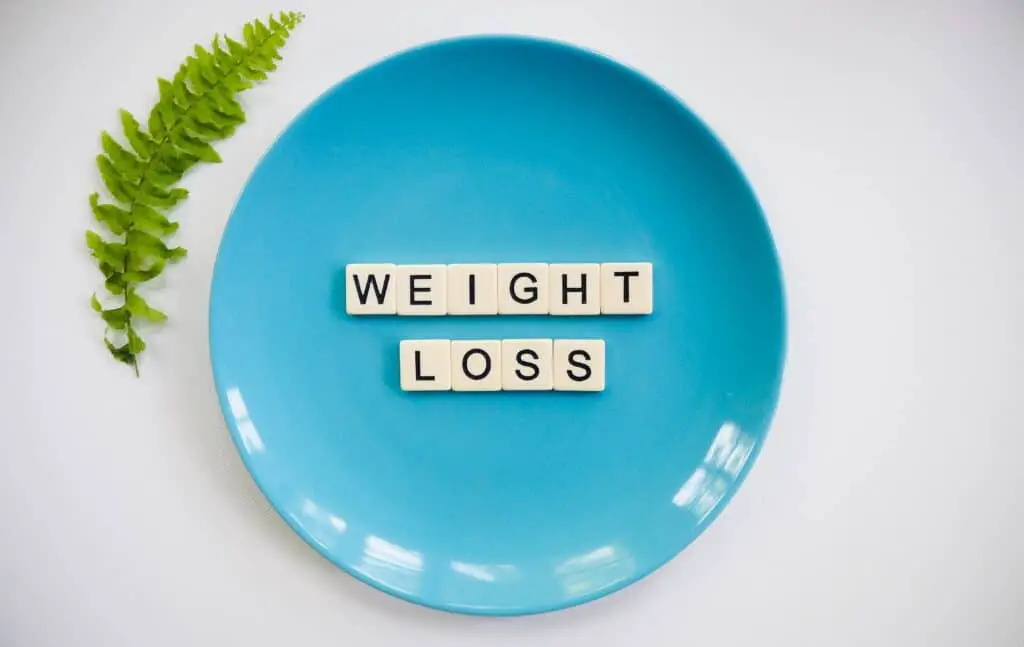Basic Nutritional Numbers in All-Purpose Flour
When it comes to the nutritional composition of all-purpose flour, several things are looked at. These are the total amount of protein, carbohydrates, sugars, and so on. Below you will find a list of several nutritional components of all-purpose flour and their concentrations in one cup of flour.
These numbers are averages and may not be representative of all brands of all-purpose flour. If you need to find the exact nutritional composition of a particular brand, please consult the nutrition facts label on the product.
Protein
In one cup of all-purpose flour, there are approximately 12 grams of protein. These proteins are usually used to create gluten in baked goods and other products.
Carbohydrates
In one cup of all-purpose flour, there are typically around 93 grams of carbohydrates. All-purpose flour is generally considered to be a portion of food high in carbs.

Sugars
In one cup of all-purpose flour, there is, on average, less than one gram of total sugars.
Fiber
In one cup of all-purpose flour, there are approximately 3.5 grams of fiber. This will vary depending on the type of wheat used to make the all-purpose flour, hence the approximation. All-purpose flour is considered to be a food that is low in fiber.
Calcium
In one cup of all-purpose flour, there are around 420 milligrams of calcium. This number will depend on if the all-purpose flour has been enriched or not.
Sodium
In one cup of all-purpose flour, there is an average of 3 milligrams of sodium.

Is All-Purpose Flour Healthy for You?
While all-purpose flour is not inherently bad for you, it is not considered a healthy food or something that can give the human diet the necessary vitamins and minerals. All-purpose flour has an extremely low nutritional value when all of the components are looked at.
All-purpose flour is very high in carbohydrates and calories on one hand, but on the other hand, all-purpose flour is incredibly low in other essential nutrients like protein, fiber, minerals, and vitamins crucial to human health.
Because of this, it is considered unhealthy because of the ratios in the nutritional values. This does not mean, however, that you should never use or consume all-purpose flour. It just means that it has a high caloric value and high levels of carbs. The human body needs both calories and carbs to survive, but they need to be eaten in tandem with other foods that contain protein, fiber, and vitamins to keep the systems of the body healthy and happy.
Are There Additives in All-Purpose Flour?
In many brands of all-purpose flour, you will find additives. These additives are typically ascorbic acid, (also known as Vitamin C,) and occasionally amylase.
Amylase is a naturally occurring enzyme in wheat, but the natural levels are so low, that millers will add more to help the flour bake more evenly and consistently.
Some brands of all-purpose flour will add other ingredients to help add to the flavor of the flour in cooking. Typically barely, wheat malt or other grains are added to promote better flavor integration.
Some brands include other vitamins or minerals to increase the nutritional value of all-purpose flour. These are called “enriched all-purpose flour.” Enriching all-purpose flour does not make it healthier or change too much the digestive process of the flour.
Does All-Purpose Flour Help in Weight Loss?
All-purpose flour is not considered a healthy food and is not a food or ingredient known to promote weight loss. All-purpose flour is nutritionally composed of majority carbs, which turn into calories that we burn to make energy.
If those calories are not burned up into energy, they turn into sugars which are turned into fat cells as reserve energy sources.
Essentially, if you are consuming all-purpose flour and on a diet, make sure that you are balancing out the number of calories going into your body and the amount that you burn. If you are eating and burning calories at an equal ratio, you will not see weight loss. You will see no change.
If you eat a lower amount of calories than you burn and those calories come from a balanced diet (including carbs) then you will most likely see weight loss.
Please consult a dietician, nutritionist, or doctor before attempting any sort of diet or calorie intake for weight loss.

Is All-Purpose Flour Easy to Digest?
Most nutritionists agree that all-purpose flour has no positive effect on digestion. This is most likely due to the low amount of fiber it has. All-purpose flour is also not good for intestine health. It becomes gooey and sticky during digestion, so it can get stuck in your digestive tract. It can cause gastric issues and can react with secretions from the liver to create fat.
All-purpose flour is typically baked into foods, which changes the chemical composition of the flour. The other ingredients in the food will play a role in the chemical composition of the flour and will make minuscule changes to the digestibility of the flour.
All-purpose flour that has been mixed with other kinds of flour, (more digestible flour types,) will probably be slightly easier to digest.
To counteract the difficulties your body may have digesting all-purpose flour, try consuming food high in fiber alongside whatever food has all-purpose flour in it. The fibrous food may help your body to digest the flour as well, as fiber is a known agent that aids the body in the digestion process.
Please consult with a medical professional or nutritionist before making any changes to your diet, as swift and drastic changes to nutrition can have detrimental impacts on the human body.
